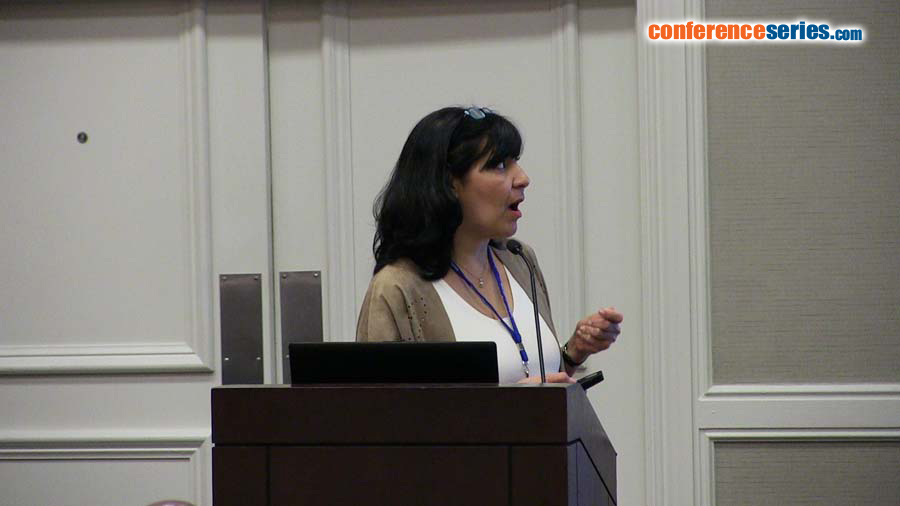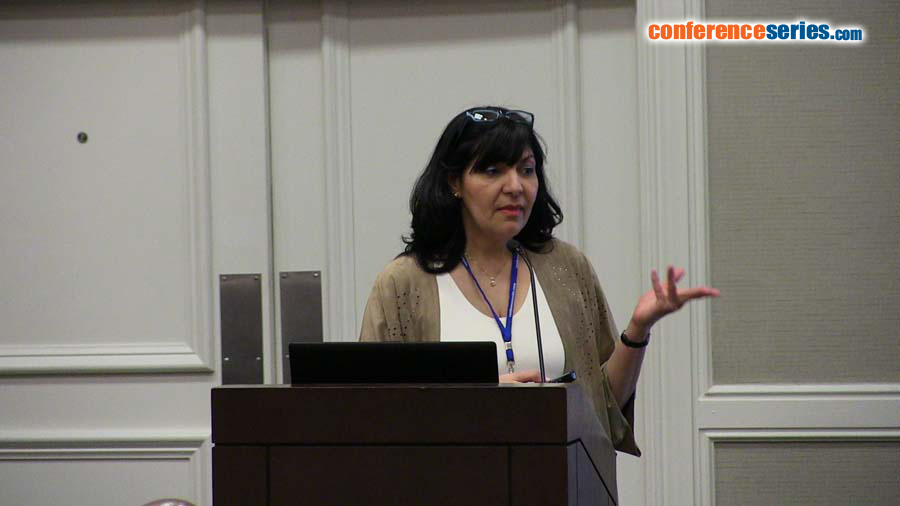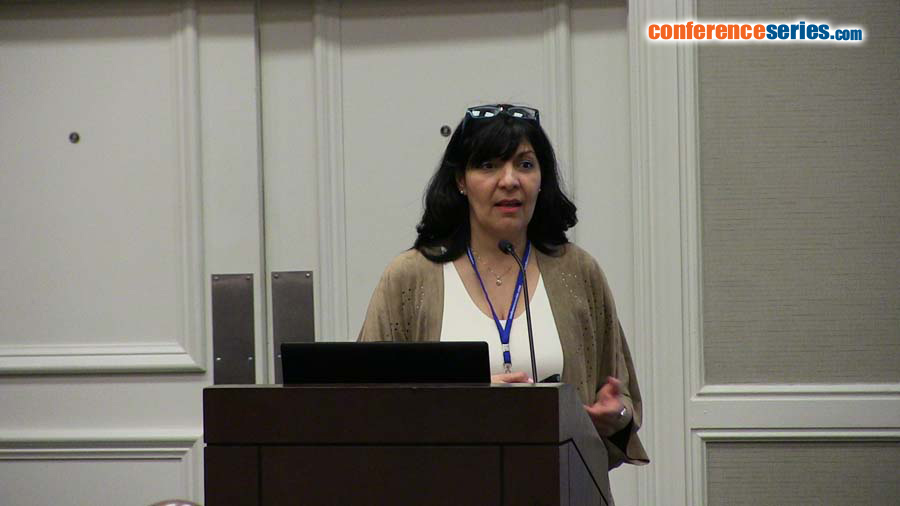
Adriana Macedo Dell’Aquila
Federal University of Sao Paulo, Brazil
Title: Therapeutic strategies for osteomyelitis
Biography
Biography: Adriana Macedo Dell’Aquila
Abstract
Background: The main objective in post-osteosynthesis surgical site infection (SSI) is to consolidate the fracture and prevent chronic osteomyelitis, the risk factors for SSI relapse in these patients, who were treated as per osteo-articular infection protocol were evaluated at the Federal University of São Paulo.
Methods: After retrospectively evaluating all SSI episodes occurring from December, 2004 to 2008 in patients undergoing osteosynthesis at the orthopedics department, 110 of them were included. SSIs were treated with at least 4-6 week antibiotic therapy cycles and followed up for one year with the results being analyzed using univariate and multivariate analysis models.
Results: Most patients were 18-89 year old (mean, 39.8 years) males (84.5%). In 37 patients, the causative agent was isolated with Staphylococcus being the most frequently observed (38.8%). In 83 (75.4%) patients, the antimicrobial treatment mostly with ciprofloxacin and clindamycin could be started within less than five days from the onset of symptoms. SSI relapses occurred in 34/110 (30.9%) patients. After one-year follow-up, 19 (17.3%) patients persisted with infection and only 10 (9.1%) did not have their fractures consolidated. The univariate analysis showed the performance of more than one surgery to stabilize the affected limb (OR 3.7 IC95=1.1-12.7 p=0.045), presence of converting osteosynthesis (OR 3.6 IC95=1.1-11.3 p=0.023), internal synthesis (OR 3.0 IC95=0.99-9.2 p=0.043) and longer duration of surgery (OR 0.4 IC95=0.1-1.6 p=0.029) as risk factors for SSI relapse. In the multivariate analysis, the only variable independently associated with SSI relapse was duration of surgery (OR 1.3 IC95=1.1-1.7 p=0.015).
Conclusions: After one-year follow-up, using a specific protocol, most patients showed resolution of infection and only 9.1% had their fractures unconsolidated. The only independent risk factor associated with SSI relapse was prolonged surgery.




